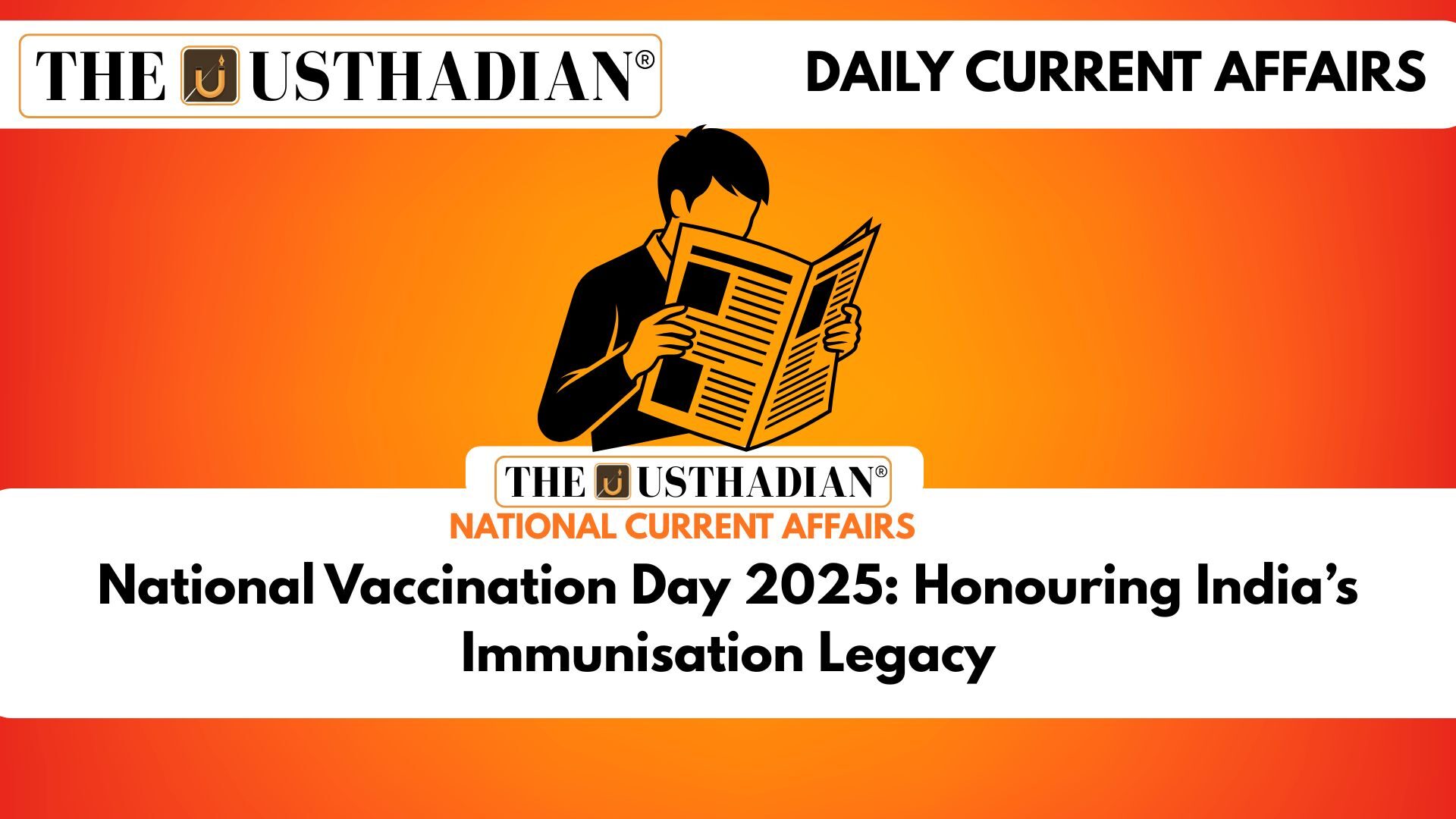A Day Dedicated to Immunisation and Public Health
National Vaccination Day 2025: Honouring India’s Immunisation Legacy: Observed every year on March 16, National Vaccination Day serves as a vital reminder of India’s relentless journey towards eliminating vaccine-preventable diseases. The observance began in 1995, when India administered the first dose of oral polio vaccine under the Pulse Polio Programme, a campaign that would later lead to the country’s certification as polio-free in 2014 by the World Health Organization (WHO). This milestone underscores the power of mass immunisation, public cooperation, and a unified health system.
Honouring Healthcare Workers and Community Participation
National Vaccination Day is not just about the vaccines—it is also about the healthcare workers who go door to door, even in remote regions, to administer life-saving vaccines. It pays tribute to ASHA workers, Anganwadi staff, nurses, and doctors who ensure every child and mother receives timely immunisation. The day also aims to encourage community participation, especially in rural and underserved areas where misinformation and hesitancy often create barriers to vaccination. Community trust and participation are crucial in achieving herd immunity and disease control.
Impact of Vaccination on India’s Health Landscape
Thanks to consistent efforts, India has seen a dramatic drop in diseases like measles, diphtheria, tetanus, and hepatitis B. The Measles-Rubella campaign, for example, reduced measles cases substantially. The DTP vaccine helped in cutting down child mortality from pertussis and diphtheria. These efforts have also strengthened healthcare infrastructure, improving cold chain logistics, training of frontline workers, and digital record systems. Such upgrades have helped deliver routine services like maternal care and epidemic response more efficiently.
Key Immunisation Campaigns Driving Progress
India’s commitment to vaccination continues with large-scale efforts like Mission Indradhanush, launched in 2014, aiming to reach 90% full immunisation among infants and pregnant women. The Universal Immunisation Programme (UIP) remains one of the largest free vaccination initiatives globally, covering 12 life-threatening diseases. The COVID-19 vaccination drive, powered by vaccines like Covaxin and Covishield, showcased India’s ability to handle global health emergencies with speed and scale.
Challenges in Vaccination and the Road Ahead
Despite successes, challenges remain. Vaccine hesitancy, fuelled by misinformation, continues to delay immunisation in several communities. Remote regions still struggle with logistical barriers, and booster doses are often missed due to lack of follow-up. Addressing these issues requires innovative outreach models, such as mobile vaccine vans, drones for delivery, and digital tracking platforms. Strengthening awareness campaigns and involving local leaders in advocacy are also critical steps in ensuring universal vaccine coverage.
STATIC GK SNAPSHOT
National Vaccination Day 2025: Honouring India’s Immunisation Legacy:
| Aspect | Details |
| Observed On | March 16 (Every Year) |
| First Observed | 1995 (Launch of Pulse Polio Immunisation Programme) |
| India Declared Polio-Free | 2014 (By WHO) |
| Key Vaccination Programmes | Mission Indradhanush, Universal Immunisation Programme (UIP), COVID Drive |
| Major Diseases Targeted | Polio, Measles, Tetanus, Diphtheria, Hepatitis B |
| Notable Campaign Impact | Eradication of Polio, reduction in child mortality |
| Ongoing Challenges | Vaccine Hesitancy, Inaccessibility, Missed Booster Doses |
| Proposed Solutions | Awareness campaigns, mobile clinics, digital tracking |








